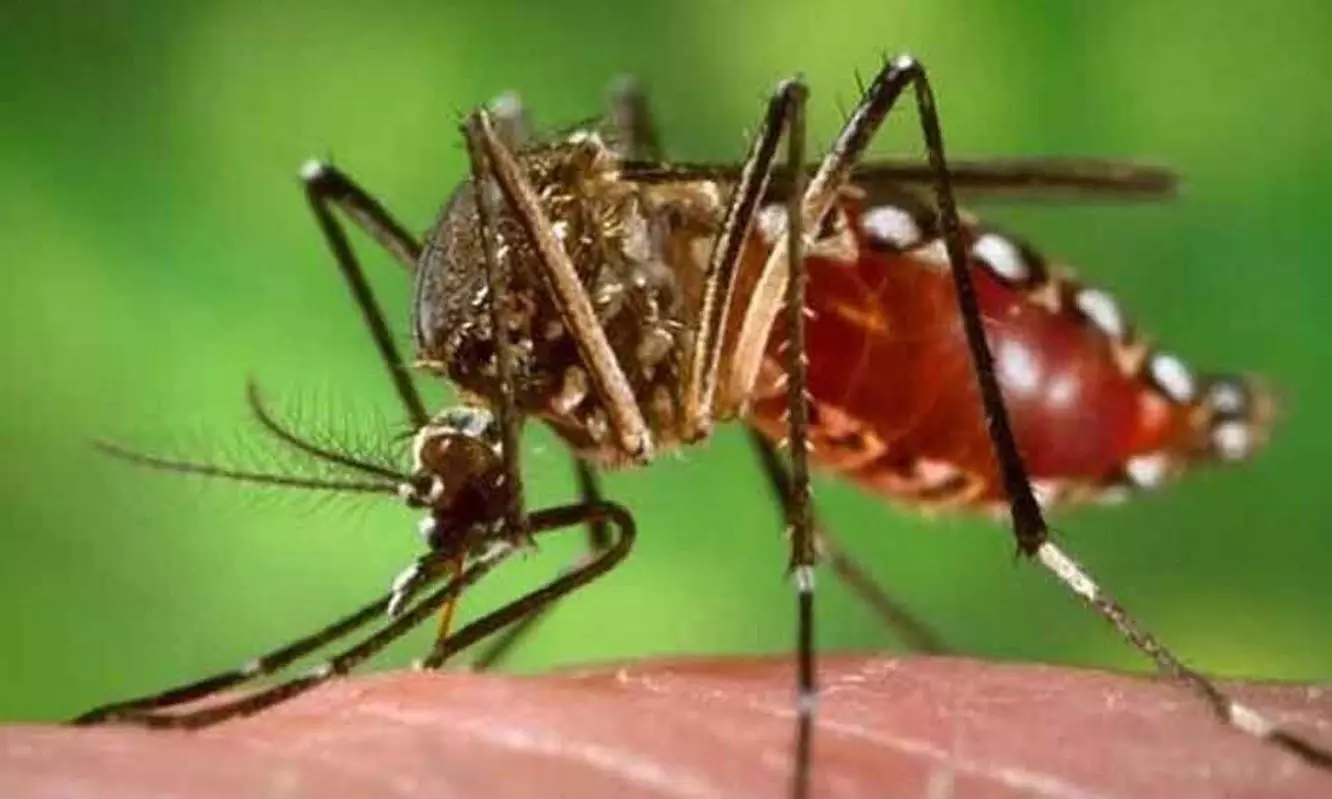Smart Mosquito Control System Planned in 6 Municipal Corporations in AP
Pilot to roll out in 66 locations using sensors, drones, and data to fight vector-borne diseases

Vijayawada: AP’s Urban Development Department is launching a focused ‘smart mosquito control’ programme using Deep Technology to check the spread of vector-borne diseases.
The AI-powered smart mosquito surveillance system would be launched on a pilot basis at 66 locations in six major municipal corporations in the state.
MAUD principal secretary Suresh Kumar and director of municipal administration P Sampath Kumar recently studied the AI-powered SMoSS to assess its efficacy. They said that the AI-powered smart mosquito sensors, developed by a private entity, would be installed in key mosquito-prone zones in select urban local bodies, as part of the pilot project.
These smart sensors would detect the mosquito species, their gender, density, temperature and humidity.
The system would primarily safeguard public health by curbing the dreaded mosquito menace. It would reduce operational burden on civic staff and cut costs of urban local bodies.
The programme would be monitored with the help of Internet-of-Things like drones, sensors, heat maps and traps.
Suresh and Sampath said the pilot project would be launched at 16 locations in the GVMC areas, four in Kakinada, five in Rajahmundry, 28 in Vijayawada, seven in Nellore and six in Kurnool.
They said SMoSS would trigger automatic alerts when mosquito density crosses a threshold level in any particular area. The data thus generated would be continuously streamed to a central server and visualized on a real-time dashboard.
“This will enable close monitoring and ensure prompt fumigation in the affected areas in a data-driven approach for effective control of mosquitoes instead of the present ‘blind spraying’ process that has little impact. The IoT sensors will monitor mosquito density and guide the targeted activity,” it was stated.
The officials said, “We will be outsourcing the operations to specialised agencies. The payment will be result-oriented by fixing operational accountability. Complaints, if any, from citizens and field-level functionaries will be tracked via mobile applications (Vector Control and Puramitra).”
On the usage of drones, they said drones would be used for spraying the larvicide for efficient application by covering large areas with less chemical use, time and cost. The evidence-based spraying, prevention of chemical overuse and promotion of public health safety are the key elements in the whole operation.
A system is also being put in place for daily reporting of cases like malaria, dengue and chikungunya from hospitals. Based on the data, mosquito hotspots will be identified for focused action. Special action plans are being developed for scheduled fogging and larval treatment in high-risk areas.

